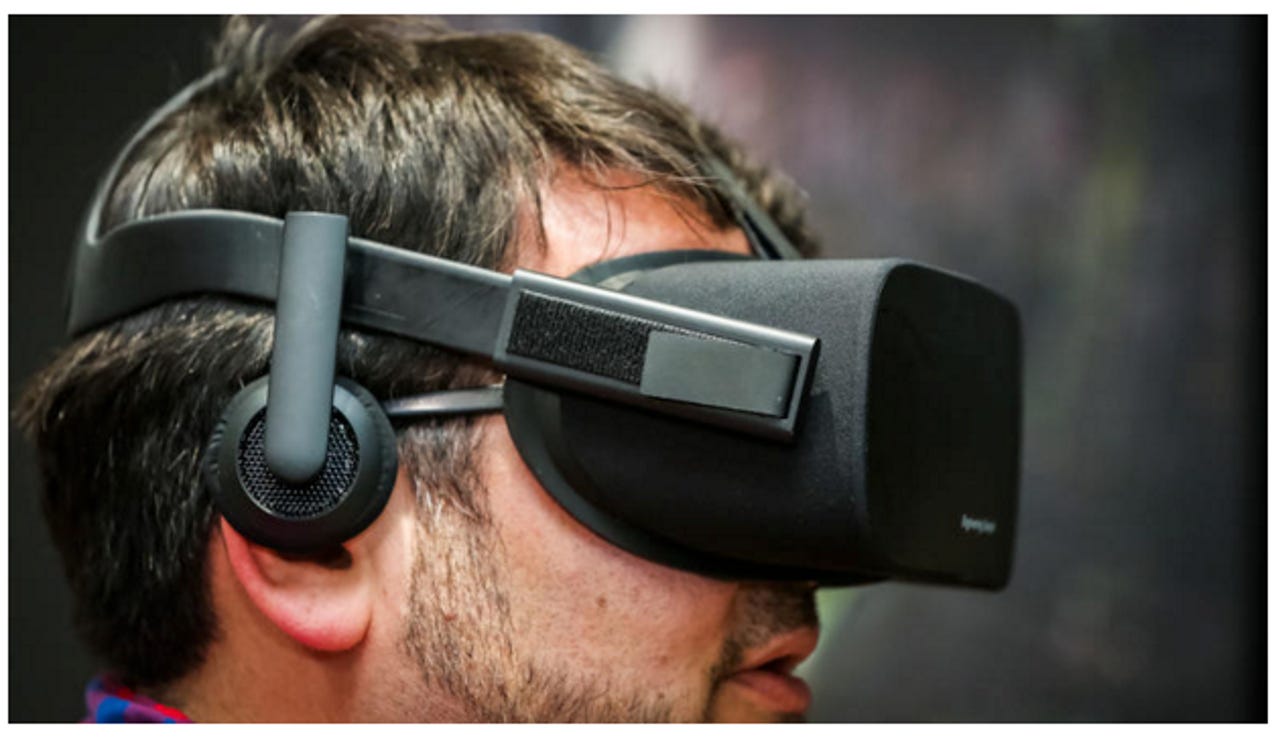Google scraps plans for standalone VR headset to take on Oculus Rift: Report

Oculus Rift
Google has scrapped plans to launch a "high-end" standalone virtual reality headset to take on the Oculus Rift, Samsung Gear, and HTC Vive, according to sources speaking to Recode.
The Alphabet-owned company is shifting resources to its mobile VR initiative, the publication says, as Google is putting focus towards streamlined projects. The move comes as virtual reality is picking up steam with more major hardware companies pushing the emerging technology.
SEE: VR platform Daydream unveiled at Google I/O
The Wall Street Journal reported on the project in February, saying the standalone headset wouldn't need a smartphone, PC, or gaming console, to work. Plans have apparently changed.
The now-axed project grew out of Google X with around 50 employees. It hasn't been shared how big the VR unit is -- who reports to VP Clay Bavor.
Within the hardware team, Google reportedly created an operating system for VR, independent of Android. It's not clear if this software could be offered open source to hardware powerhouses like HTC or Samsung in the future.
At Google I/O in May, Google announced Daydream, a VR platform a part of Android N. It doesn't come out until the fall, however Google has given developers access to start building. Daydream includes a set of guidelines for developers on the specs that work for the best virtual reality experience.
In a similar move to its mobile phone development, Google wants to build the apps, games, and service around VR, rather than the VR hardware itself.
Google didn't comment on the rumor.
